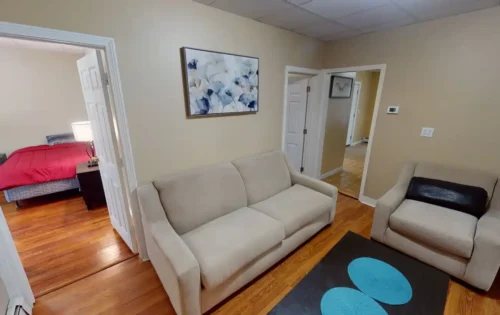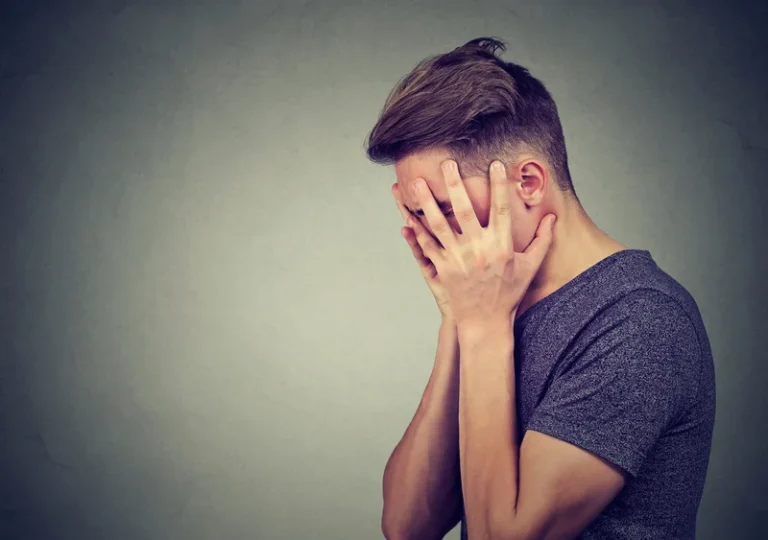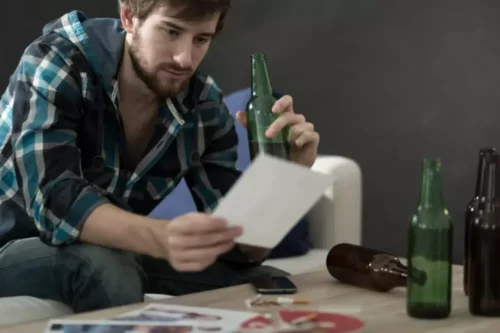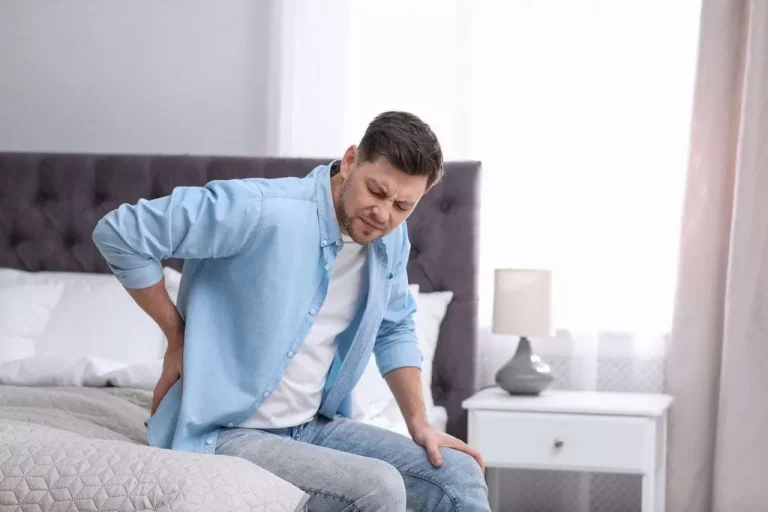How to Treat Alcohol Shakes Tremors

Your sympathetic nervous system deals with responses to stress, which includes things like sweating, increased heart rate, and — you guessed it — shakes or tremors. The timeframe can also vary from person to person, depending on how much alcohol is consumed and your body composition. If you drink frequently, you might experience more frequent shakes afterward.
How it feels
They occur more often in people who use alcohol regularly, which may be due to brain damage from excessive alcohol use. Hangover shakes are typically considered a minor symptom of alcohol withdrawal. However, they can also be a sign of alcohol use disorder and other conditions.
Delirium Tremens Causes and Risk Factors
The frequency and intensity of your tremors can depend on the severity of your alcohol drinking. After a heavy drinking session, your brain can get used to lower levels of stimulation caused by alcohol’s depressant effects. When you wake up, your brain becomes overwhelmed with activity, triggering tremors and shaking during a hangover.
You guys care, you really do. This isn’t just a machine.
Ultimately, the best way to stop alcohol shakes is to get the medications that are known to treat alcohol withdrawal symptoms effectively. This is the best and most get rid of alcohol shakes effective way to stop the alcohol shakes and have relief during withdrawal. When it comes to the duration of alcohol shakes, it can be different for everyone.

DT is extremely dangerous and will often require 100% medically supervised detox, including heart rate and blood pressure monitoring and, sometimes, even emergency life support. DTs are severe, potentially deadly, symptoms that may include a racing heart, profuse sweating, confusion, vivid hallucinations and delusions. It’s estimated that about 4-5 percent of people undergoing alcohol withdrawal experience the DTs.

- Consuming a large quantity of alcohol causes inflammation of the nervous system.
- Continued drinking with ARBD or ARBI puts you at risk for severe brain damage, including dementia.
- It’s a dangerous but treatable condition that starts about 2-3 days after someone who’s dependent on alcohol suddenly stops drinking.
- Your doctor and other providers aren’t there to judge you but to help manage your symptoms and improve your chances of recovery.
Other Side Effects of Abuse & Withdrawal

When to speak with a doctor


